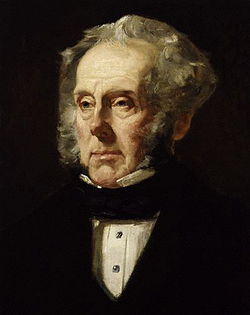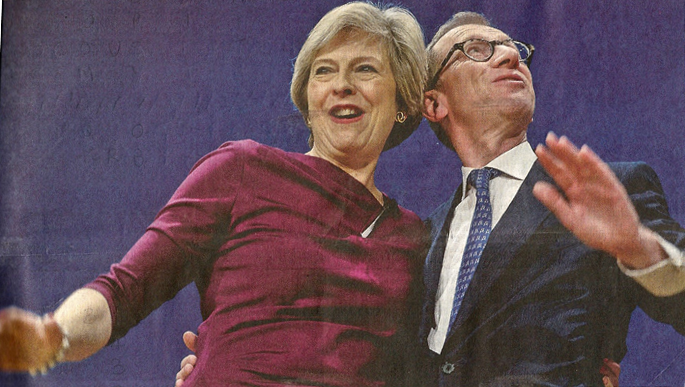We don’t like it when someone calls us a hypocrite.

This week, Shami Chakrabarti, Shadow Attorney General, has been accused of just such that. The accusation stems from the revelation that she sends her son to a fee-paying school. (Incidentally, it’s the same one that “man of the ordinary people” Nigel Farage attended.) As a member of the Shadow Cabinet, many would expect her principles to dissuade her from buying (at £18,000 per year) apparent advantage for her own child. This was just after she’d been interviewed by Robert Peston stating she disapproved of grammar schools. There’s a prima facie case of double standards.
The Progressive Parent’s Dilemma
I have some sympathy with Shami’s plight. In the 1990s, my wife and I went through agonies deciding where to send our son to secondary school. We felt that he was probably, temperamentally and socially, slightly more suited to a more traditional academic approach offered by one of the fee-paying schools in the area. Fortunately for us, my son’s strong preference for going to a co-educational school tipped the balance towards the local comprehensive. (All the private schools were single-sex at the time.) So our dilemma was resolved in favour of a state education.
But there’s more. My second son went through a period when he was struggling with maths. We paid for him to have private one-to-one tuition for a few months to catch up. The story ends happily with both getting good university degrees which set them on the path to a successful future. But the sterner moralists will accuse us of cheating by paying for an educational leg-up not available to the poorest of us. I confess!
Making the choice between our finer principles as members of society and the best interests of our children is never easy. I just think we need to acknowledge our frailties and ask people to be a bit more forgiving.
The Upper House Dilemma
The Chakrabarti story contains another accusation of hypocrisy, this time against Jeremy Corbyn. It was he who nominated Shami for membership of the House of Lords after forty-plus years of demanding its reform. Corbyn has also rightly criticised the Tories for parachuting friends and allies into the Lords and then into the Cabinet. One that worked out really badly was David (Lord) Young, whom Thatcher appointed to Trade and Industry Secretary in her Cabinet. Young never understood the difference in approach needed between the business world and politics and he’s generally seen as having been a disaster in the job. In this case, I believe the accusation of hypocrisy is more justified.

But it’s interesting also to reflect on the case of Tony Benn (Westminster School and Oxford). He inherited the title of Viscount Stansgate in 1960, disqualifying him from continuing in the Commons. (An interesting backstory is how he came to inherit the title. Firstly, his father was made a peer by no other than Winston Churchill. Secondly, and sadly, his elder brother was subsequently killed in the second World War.) Benn campaigned successfully for legislation (The Peerage Act 1963) which enabled him to renounce his peerage and stand once more for election as an MP. Benn was strongly of the view that, only by being elected by his constituents could he have legitimate moral authority for Parliamentary office. (There are further amusing and ironic twists to the tale. The Wikipedia entry for Benn, paragraph headed “Peerage Reform”, is well worth a read!)
My final point concerns the views of many of Benn’s political opponents. Much of the hatred and vitriol poured on him by many Tories flows, I believe, from one thing. Benn was “one of them” (i.e. aristocracy) and his principles led him to reject the whole House of Lords setup. To them, being a class traitor was a far greater sin than being a hypocrite.




